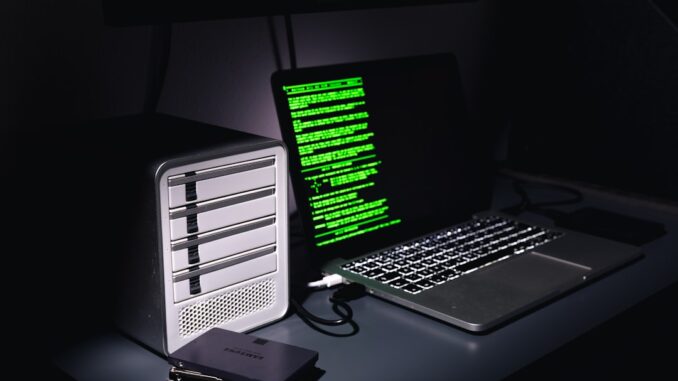
In a recent survey, UK business leaders expressed strong support for a ban on private sector ransomware payments. (techradar.com) However, when faced with the prospect of a cyberattack, many admitted they would still consider paying the ransom to safeguard their companies. This contradiction underscores the challenges in balancing policy intentions with real-world business decisions.
The Survey Findings
The Commvault Cyber Security Breaches Survey 2025 revealed that 96% of UK business leaders support a ban on ransom payments across both public and private sectors. (techradar.com) Despite this overwhelming support, 75% stated they would pay a ransom if it were the only option to save their business, even if it meant risking criminal penalties. This indicates a significant gap between policy support and practical decision-making during cyberattacks.
Government’s Stance and Industry Concerns
The UK government has proposed a ban on ransom payments for public sector bodies and critical national infrastructure operators, such as the NHS, local councils, and schools. (tomshardware.com) While the intent is to reduce the profitability of ransomware for cybercriminals, the proposal has sparked divided opinions. Some experts argue that a ban could disrupt critical services and may not deter all types of ransomware attacks, especially those not financially motivated. (assured.co.uk)
Implications for Healthcare and Critical Services
The healthcare sector, already grappling with outdated infrastructure and staff shortages, faces unique challenges. (architectureandgovernance.com) The Synnovis attack, which led to the death of a patient due to delayed blood test results, highlights the potential consequences of not paying a ransom. (techrepublic.com) The ban could place healthcare providers in a difficult position, forcing them to choose between adhering to the law and ensuring patient safety.
The Dilemma of Paying Ransoms
Paying a ransom does not guarantee data recovery or deter future attacks. (techradar.com) Experts emphasize the need for organizations to invest in robust cybersecurity measures, such as enhanced antivirus solutions, endpoint protection, and comprehensive ransomware recovery systems. The average recovery time from attacks now sits at 24 days, a critical threat especially to smaller firms. (itpro.com)
Conclusion
The survey findings reveal a complex stance among UK business leaders regarding ransomware payment bans. While there is strong support for such a ban, the willingness to pay ransoms in critical situations suggests a need for a more nuanced approach. Policymakers must consider the practical realities businesses face during cyberattacks and ensure that any legislation is accompanied by support for enhanced cybersecurity measures.
References


So, 96% support the ban, but 75% would still pay? Sounds like a corporate version of “Do as I say, not as I do!” Maybe businesses should invest in better cybersecurity insurance… with payouts in Bitcoin for plausible deniability. Just a thought!
That’s a great point! The idea of cybersecurity insurance payouts in Bitcoin raises some interesting questions about traceability and accountability. It might offer plausible deniability, but could it also inadvertently fuel the ransomware economy? Definitely food for thought!
Editor: MedTechNews.Uk
Thank you to our Sponsor Esdebe
The survey highlights a critical tension. Perhaps alongside policy and enhanced security, more focus is needed on education and training to shift the mindset from ransom payment as a quick fix to prioritizing proactive preventative measures.